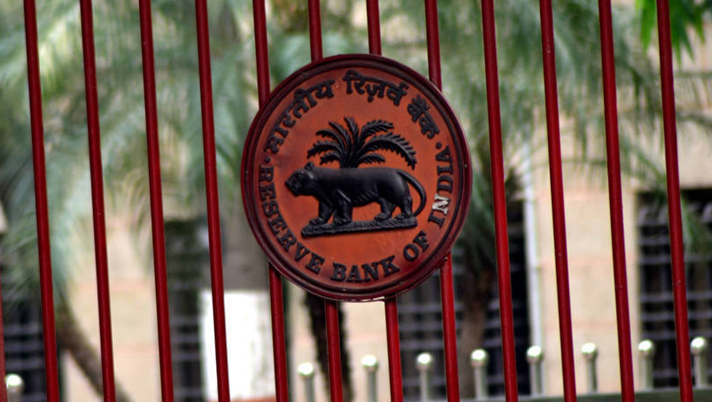RM500,000 Revenue Trigger: New SST Rules Impact Businesses in Malaysia

The Malaysian Finance Ministry has announced significant changes to the Sales and Service Tax (SST) regulations, impacting businesses across the country. A key element of these changes is a new revenue threshold: companies exceeding RM500,000 in revenue within a 12-month period will now be subject to SST. This impacts both existing and, crucially, newly taxable services. Let's break down what this means for your business and what steps you need to take.
Who's Affected by the New SST Threshold?
The most immediate impact is on companies not currently registered for SST. If your business provides one of the services now included under SST and has seen its revenue climb to RM500,000 (or beyond) within the last 12 months, you must register for SST. The Ministry emphasizes that businesses need to proactively assess whether they’ve crossed this threshold. Existing SST-registered businesses will need to review the changes to ensure compliance with the expanded list of taxable services.
Understanding the 12-Month Window
The 12-month period is crucial. It's not a rolling calendar year. Instead, it’s a continuous 12-month span starting from any point. Therefore, a business that reached RM500,000 in revenue six months ago is now obligated to register. This retroactive element highlights the importance of diligent revenue tracking and financial record-keeping.
Key Changes & Taxable Services
While the RM500,000 threshold is the headline change, it's vital to understand the expanded list of taxable services. The Finance Ministry has been gradually broadening the scope of SST, and businesses need to stay updated. Some common examples of services now potentially subject to SST include (but are not limited to):
- Digital services (e.g., streaming subscriptions, online gaming)
- Certain financial services
- Specific transportation services
It's highly recommended to consult the official Finance Ministry website or a tax professional for a complete and current list. This list can change, and relying on outdated information can lead to penalties.
What Should Businesses Do Now?
Here’s a practical checklist for businesses to ensure compliance:
- Review Revenue Records: Thoroughly examine your revenue figures for the past 12 months.
- Identify Taxable Services: Determine if your business provides any services now subject to SST.
- Assess SST Registration Status: If you’ve crossed the threshold and provide taxable services, register for SST immediately.
- Consult a Tax Advisor: Seek professional advice to navigate the complexities of SST compliance.
- Stay Updated: Regularly monitor the Finance Ministry’s website for updates and changes to SST regulations.
Penalties for Non-Compliance
Failure to register for SST when required, or incorrect application of SST rates, can result in significant penalties, including fines and interest charges. Proactive compliance is far more cost-effective than dealing with the consequences of non-compliance.
Resources
For more information, refer to the official website of the Royal Malaysian Treasury:
https://www.treasury.gov.my/This change in SST regulations underscores the need for Malaysian businesses to maintain accurate financial records and stay informed about evolving tax laws. Don't wait – assess your situation and take action today to ensure your business remains compliant.






